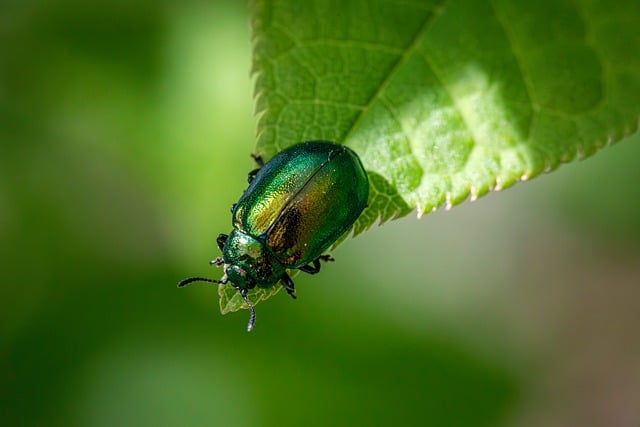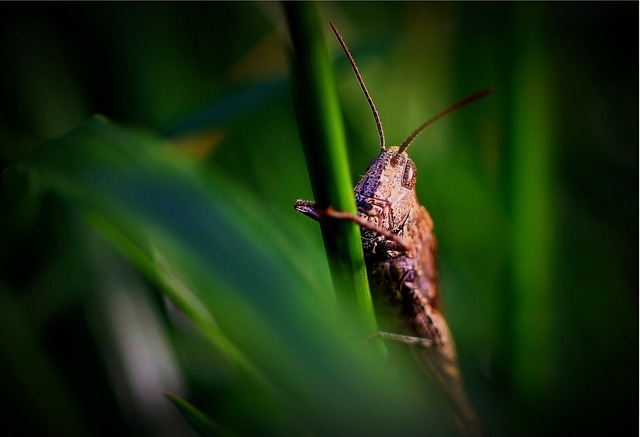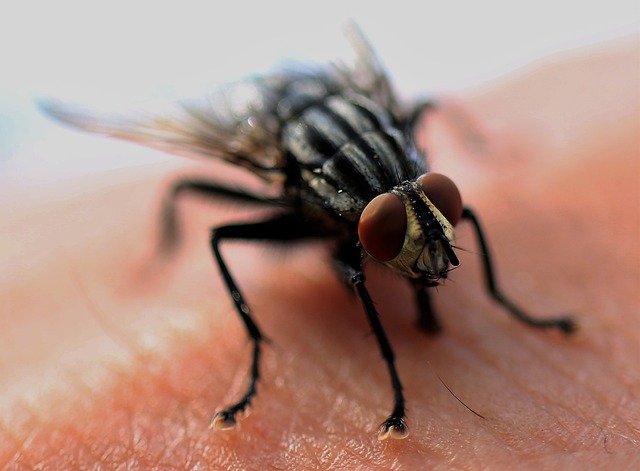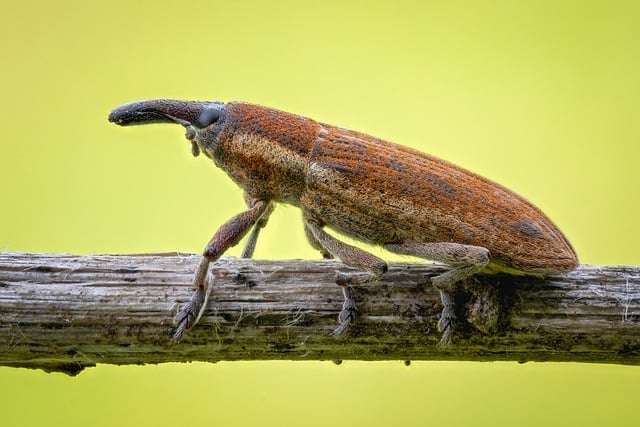In Littleton, organic pest control methods are gaining popularity for maintaining lush home gardens, offering an eco-friendly alternative to synthetic chemicals. By targeting grubs, chinch bugs, and weeds, these natural solutions strengthen turf health and promote balanced ecosystems. Homeowners can implement best practices like regular care, diverse planting, and local expert advice for effective organic pest suppression tailored to their lawns.
“In the pursuit of a lush, healthy lawn, understanding and managing pest issues is paramount. This guide offers a comprehensive approach to tackling common pests affecting lawns in Littleton through organic methods. We explore effective strategies for organic pest control tailored for home gardens, focusing on natural solutions that are both safe and environmentally conscious. By implementing best practices, you can achieve robust lawn pest suppression, ensuring your outdoor space thrives.”
- Understanding Lawn Pest Issues in Littleton: Common Pests and Their Impact
- Organic Pest Control Methods for Your Home Garden
- Implementing an Effective Lawn Pest Suppression Strategy: Tips and Best Practices
Understanding Lawn Pest Issues in Littleton: Common Pests and Their Impact

In Littleton, like many suburban areas, maintaining a lush and healthy lawn can be challenging due to various pest issues. Common lawn pests include grubs, chinch bugs, white grubs, and various types of weeds that not only disfigure the grass but also weaken its root system. These pests can lead to patchy yards, yellowing grass, and even significant turf loss over time.
The impact of these pests extends beyond aesthetic concerns. They can reduce lawn productivity, making it less suitable for outdoor activities and increasing the cost of maintenance. Fortunately, organic pest control methods offer a safe and effective solution for home gardens in Littleton. By opting for eco-friendly approaches, homeowners can mitigate pest problems while preserving the environmental health of their properties.
Organic Pest Control Methods for Your Home Garden

In the quest for a lush, healthy garden, many homeowners in Littleton are turning to organic pest control methods as a safer and more environmentally friendly alternative. Organic pest management involves using natural substances and strategies to control and suppress pests while promoting ecological balance. For your home garden, this could mean employing beneficial insects like ladybugs and lacewings to feed on aphids, or utilizing neem oil, derived from the neem tree, to repel a wide range of pests naturally. Composting and introducing beneficial microorganisms into the soil can also enhance its natural defense mechanisms against harmful insects and diseases.
These organic methods not only reduce the use of synthetic chemicals but also foster a healthier ecosystem within your garden. By encouraging the presence of beneficial organisms, you create an environment that is less conducive to pest populations, breaking the cycle of constant chemical applications. This approach ensures that your family and pets are protected from harmful residues while promoting a more sustainable gardening practice.
Implementing an Effective Lawn Pest Suppression Strategy: Tips and Best Practices

Implementing an effective lawn pest suppression strategy is key to maintaining a healthy and vibrant outdoor space, especially in home gardens in Littleton. Start by identifying the specific pests infesting your lawn; common culprits include grubs, weeds, and moss. Organic pest control methods are an eco-friendly option for homeowners looking to manage these issues without harsh chemicals. Consider using natural predators like ladybugs and nematodes to target grubs or organic herbicides for weed control.
Best practices include maintaining proper lawn care, such as regular mowing and watering, which strengthens the grass against pests. Creating a diverse plant community can also deter pests naturally. Incorporate companion planting strategies, where certain plants repel specific pests, into your garden design. Additionally, seasonal clean-ups remove hiding spots for pests and prevent their return. For organic pest control for home gardens in Littleton, consult local experts or resources to tailor an approach that addresses your lawn’s unique needs.
In conclusion, effectively managing lawn pests in Littleton requires a balanced approach. Understanding the common pests and their impact is the first step. Adopting organic pest control methods not only ensures a healthier environment but also provides effective solutions for your home garden. By implementing best practices and tips, you can create a vibrant, pest-free lawn without resorting to harmful chemicals. For those seeking sustainable alternatives, organic pest control for home gardens in Littleton is the way forward, promoting a harmonious coexistence with nature.
